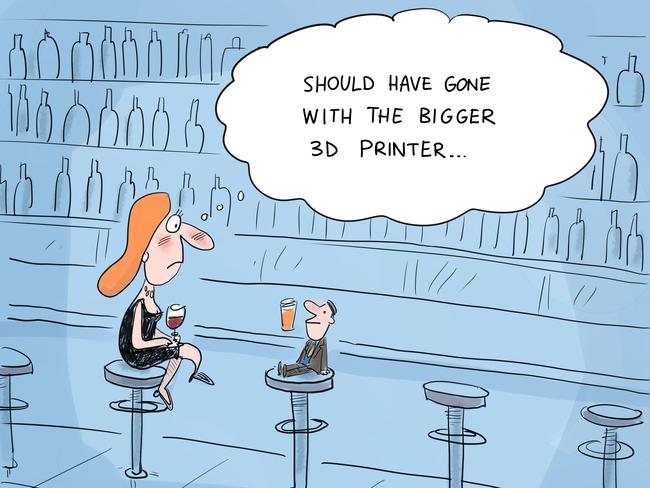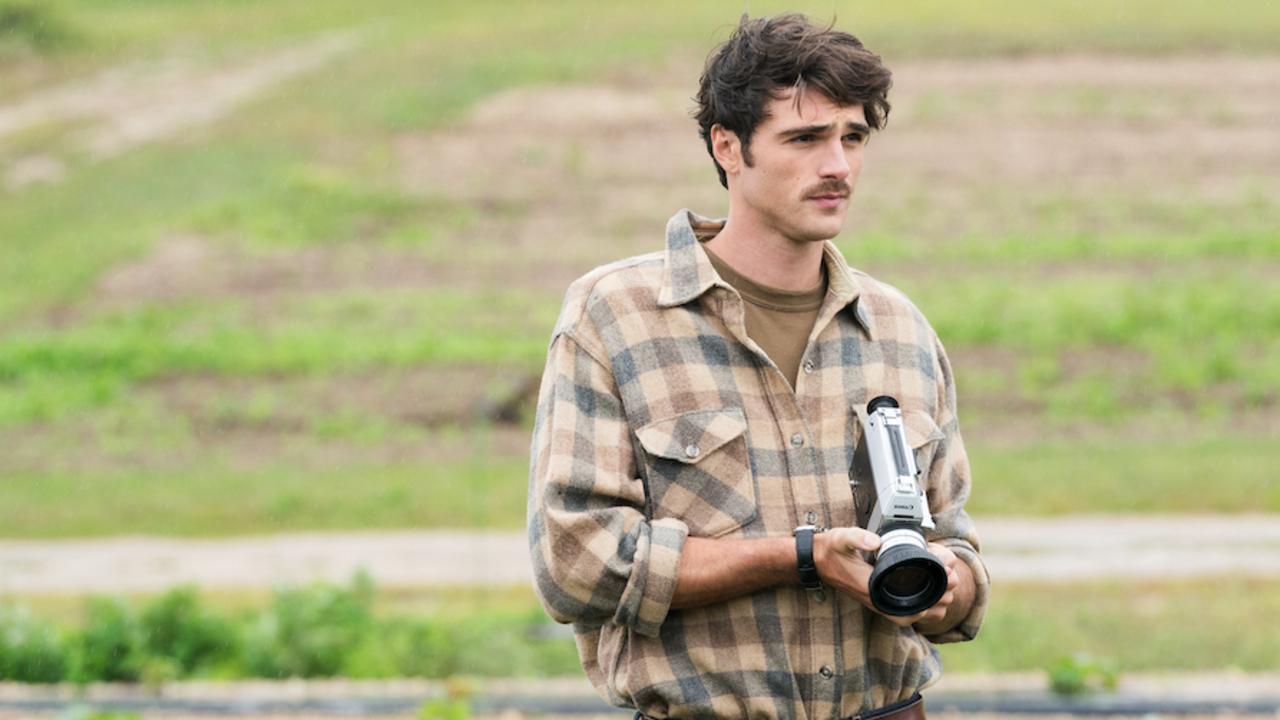Love apps like Happn light the path to randos
IN the cutthroat world of online romance, last year’s hi-tech matchmaking website has become positively prehistoric.

ANOTHER year, another app. Another dating app, that is. Once discreetly filed under “personals” at the rear of the humble broadsheet newspaper, the section that used to be condescendingly called the lonely hearts column has undergone another evolutionary phase. In the cutthroat world of online romance, last year’s hi-tech matchmaking website has become positively prehistoric, compared to today’s dating app.
The revolution in the hope-and-grope, swipe-and-gripe world of love apps began with the gay service Grindr. Then came a straight version, Tinder, which too relied on GPS to offer the user a panoply of potential partners within a certain distance. Suddenly, those prudes who’d previously shuddered at the thought of sitting down to create a profile on a website were busy downloading Tinder and swiping away.
Well, now there’s a new refinement. Showing a Henry Ford-like zeal to get it to market, the makers of Happn, like Grindr, may have forgotten a vowel but they’ve come up with a service that devotees are describing as “less scary” than Tinder. It’s a simple concept, as New York user Danielle Page notes in her review of the service, which she’s breezily titled, “I tried the app that lets you date randos on the street’’.
We may be living in what the commentators call an “on-demand economy”, but it’s also a disposable one. In that sense, Page’s use of the word “randos” is perhaps indicative of the general attitude toward love apps. Once used as a flip way of saying “stranger” (read “weirdo”), the word “random”, and its new diminutive “rando”, suggests a preconceived disdain for anyone you’re likely to meet.
But why is the service less scary than Tinder, you ask? Like Tinder, it relies on GPS but this time it shows users photos of fellow users who frequent the same places. That spunk you spotted at the railway station? She’s probably staring at your photo as we speak. But judging by Page’s observations, you might want to hold off before pressing download.
“The creepy messages that you get on Happn are going to be a whole new degree of uncomfortable,” Page writes on the site YourTango. “You’ll still find the same amount of riffraff on here that you would on any other app. The date that I went on off of Happn ended up being your typical, pompous Ivy League finance bro, who was also too cheap to pay for our dollar oysters.” It gets worse. “Other colourful characters include a match who told me he was a ‘sissy boy’ and then sent me a photo of him cross-dressing, and one who is still sending me shirtless selfies of him with his tongue out.”
And while you might not click with that cross-dressing rando there’s no guarantee you won’t continue to cross paths at the train station. If that’s all a bit much for you, perhaps you should focus your search for the perfect match on India, where you can still browse a respectable broadsheet like The Hindu and find plenty of eligible randos:
Alliance wanted for unmarried Brahmin boy. Born in India and brought up in Indian tradition, fair with clean habits (nonsmoker, pure vegetarian). Boy is handsome, hails from respectable and affluent family business family. Expectations from Girl: can speak Tamil, Fair, Good looking, 4’12’’ to 5’3”, non-drinker, nonsmoker, vegetarian, homely girl, cultured family background, age group 22 to 27, not to work after marriage.
Of course, it’s futile to rail against love apps. We naively assume that the designers are driven by some altruistic impulse that strives to help lonely hearts “find their soulmate”. But really, it’s just another service trying to draw the masses. No doubt its owners hope it will eventually attract a handsome buyout cheque from some online behemoth.
To misquote Karl Marx, the world is divided into the app-makers, the owners of the means of production, and the people who work for them, the hapless Happners.
One thing the internet has done is force people to sell themselves as “brands”, to use that horrible neologism. For some, this is an inherent skill, for the rest of us it’s more often than not an imposition.


